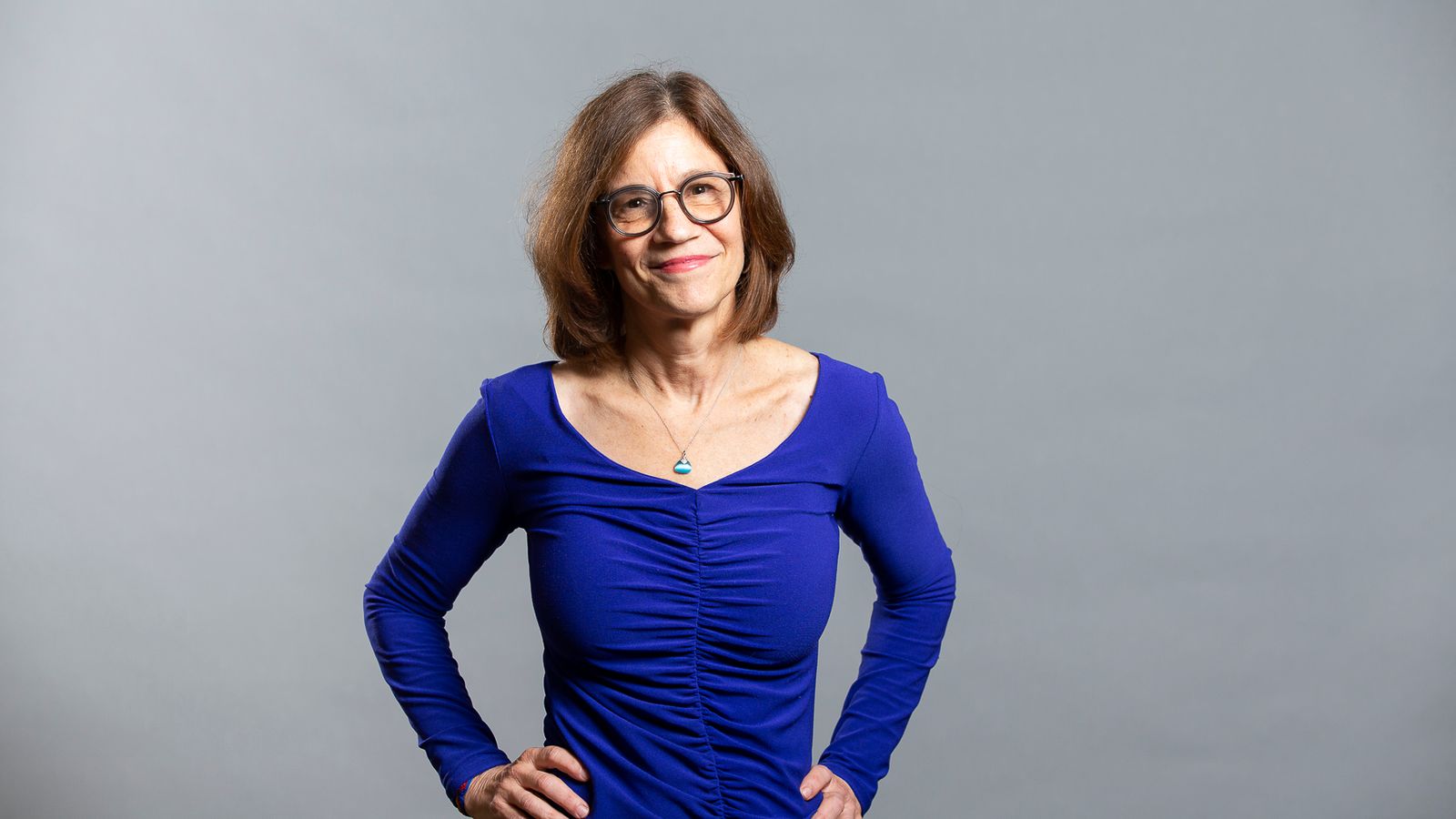Doin’ the Work: Prof. Belkin Martinez Shares Expertise on Liberation Health Model

In a recent podcast, Prof. Dawn Belkin Martinez from BU School of Social Work discussed the Liberation Health Model she co-created to better address patients’ mental health. In addition to explaining the Brazilian, Black feminism, and Marxist inspirations for the approach, she discusses the transformative effect it has had on patients, their families, and activism as a whole.
Excerpt from “Liberation Health Model,” an episode of Doin’ The Work: Frontline Stories of Social Change:
 Let’s say a dad was behaving in a certain way, and those sorts of behaviors were very much based on dominant worldview messages around gender and how men are supposed to communicate, how men are supposed to behave. The first step (the steps to liberation health therapy aren’t sequential, I’m just talking about them as four steps) is really understanding what the dominant worldview message is about men. How do you think that’s affected you?
Let’s say a dad was behaving in a certain way, and those sorts of behaviors were very much based on dominant worldview messages around gender and how men are supposed to communicate, how men are supposed to behave. The first step (the steps to liberation health therapy aren’t sequential, I’m just talking about them as four steps) is really understanding what the dominant worldview message is about men. How do you think that’s affected you?
The second step is deconstructing that message. That can be really hard when people have believed something for forty years or fifty years. Deconstruction is sometimes quite tedious because you kind of have to slog through it and pull out different threads of what people say, to help them see who benefits when you think this way.
The third step is introducing new information. There are lots of ways that men can behave, there are lots of ways that men can communicate. One of the cool things about social media is that you don’t have to work very hard to find people doing these kinds of things.
And then finally, the last step is activism as a therapeutic intervention. There have been a number of studies that indicate activism and organizing is actually a therapeutic intervention, because you’re working in a collective, you’re working with other people that feel the same way you do. You’re gaining skills, you’re getting confidence in your worldview, all these sorts of things.
So as liberation health practitioners, that is a large component of what we do, we’re involved in the world around union organizing, around housing justice, around creating this alternative mental health crisis response model in Boston.”
Listen to the full episode